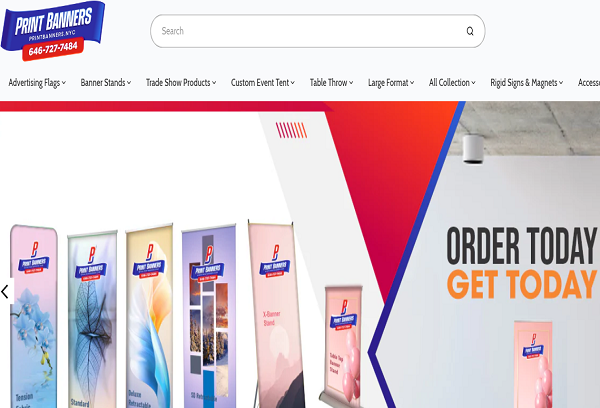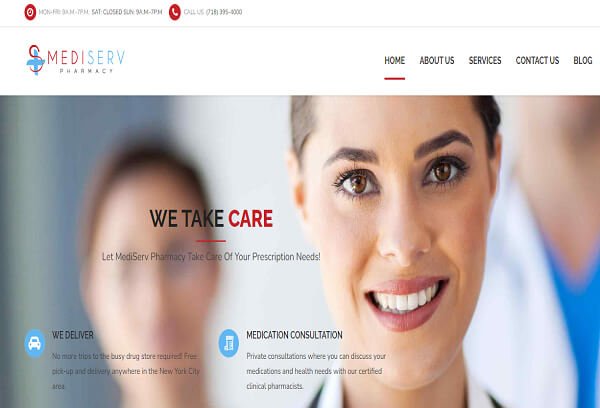Technical SEO for Beginners: A Step-by-Step Guide
- January 4, 2025
- SEO
Technical SEO optimizes your website’s technical aspects to enhance search engines’ ability to crawl, index, and rank it effectively, focusing on elements like crawling, indexing, rendering, and site architecture.
What is Technical SEO?
Technical SEO refers to optimizing your website’s technical elements to ensure search engines can easily crawl, index, and rank your site. This includes improving aspects such as site speed, mobile compatibility, and site structure.
Why Is Technical SEO Important?
For Google and other search engines to effectively rank your pages, they need to be able to find, crawl, and index your content. By optimizing these factors, you’re increasing your chances of ranking higher in search results.
Getting Started with Technical SEO
Technical SEO can seem complex at first, but by focusing on these core elements, beginners can significantly improve their website’s search engine performance.
Key Technical SEO Practices:
1. Website Speed Optimization
Speed matters—both for users and search engines. Google uses page speed as a ranking factor, meaning faster websites tend to rank higher.
How to improve it:
- Test Speed: Use tools like Google PageSpeed Insights.
- Optimize Images: Compress images with tools like TinyPNG.
- Use Caching: Enable browser caching to speed up loading times.
- Minify Resources: Minify CSS, JavaScript, and HTML files.
- Implement a CDN: Distribute content using services like Cloudflare for faster global loading.
2. Mobile-Friendliness
Google now prioritizes mobile-first indexing, meaning your site’s mobile version affects your ranking. A mobile-friendly site adapts to any screen size and offers a seamless experience across all devices.
How to improve it:
- Responsive Design: Ensure your site automatically adjusts to different screen sizes.
- Test Mobile Usability: Use Google’s Mobile-Friendly Test.
- Avoid Flash: Stick to modern technologies like HTML5.
3. Site Architecture & URL Structure
A clear and logical site structure helps both search engines and users navigate your website. Aim for a flat hierarchy where important pages are easily accessible.
How to improve it:
- Clear URL Structure: Ensure URLs are descriptive (e.g., /seo-tips).
- Use Breadcrumbs: Help users and search engines follow your site’s structure.
- Create a Silo Structure: Group related content into categories for better understanding.
4. Crawlability and Indexability
Search engines need to crawl and index your pages to rank them. If they can’t access your pages, they won’t show up in search results.
How to improve it:
- Create a Robots.txt File: Tell search engines which pages to crawl.
- Submit XML Sitemap: Help search engines find all pages.
- Fix Crawl Errors: Regularly check Google Search Console for issues.
5. HTTPS and SSL Certificates
Having an SSL certificate ensures that your website is secure. Google uses HTTPS as a ranking signal, and users trust secure sites more.
How to improve it:
- Install an SSL Certificate: Make sure your site uses HTTPS.
- Redirect HTTP to HTTPS: Automatically redirect non-secure pages.
6. Structured Data (Schema Markup)
Schema markup helps search engines understand your content better and can lead to rich snippets in search results, improving your visibility.
How to improve it:
- Use Schema.org Markup: Add structured data to your pages (e.g., for articles, products, etc.).
- Test with Google’s Structured Data Testing Tool: Ensure everything is working as expected.
7. Canonical Tags
Avoid duplicate content issues by using canonical tags to indicate the preferred version of a page.
How to improve it:
- Add Canonical Tags: If similar pages exist, mark the main one as canonical.
- Monitor for Duplicate Content: Use tools like Siteliner to check for duplicate content.
8. Internal Linking
Proper internal linking helps users and search engines find your content. It also improves your site’s structure and helps rank pages.
How to improve it:
- Use Descriptive Anchor Text: Link to relevant pages using clear, keyword-rich text.
- Link Deep: Don’t just link to your homepage—link to deeper content too.
9. Fix Broken Links and Redirects
Broken links lead to poor user experiences and negatively affect SEO.
How to improve it:
- Fix 404 Errors: Use tools like Google Search Console to identify and fix broken links.
- Implement 301 Redirects: Redirect old URLs to new pages to avoid 404 errors.
10. Track Your SEO with Google Analytics and Google Search Console
Monitoring your website’s performance is key to understanding what’s working and where improvements are needed.
How to improve it:
- Set Up Google Analytics: Track key metrics like traffic and user behavior.
- Set Up Google Search Console: Monitor crawl issues and site performance.
11. Optimize for Local SEO (if applicable)
If you run a local business, ensure your website is optimized for local search. This includes setting up your Google Business Profile and keeping your Name, Address, and Phone Number (NAP) consistent.
How to improve it:
- Optimize Google Business Profile: Make sure your profile is complete and accurate.
- Ensure NAP Consistency: Keep your business name, address, and phone number the same across all pages and external platforms.
Remember, SEO is a continuous process. Regular audits will help you stay on top of issues and improve your site’s performance over time.
At Earn SEO, we specialize in delivering top-notch technical SEO services tailored for businesses and beyond. As a trusted local SEO company in New York, we understand the unique challenges and opportunities in optimizing websites for search engines. Our team of experts is dedicated to helping businesses improve their website performance, increase visibility, and achieve long-term success through proven strategies. Ready to boost your site’s rankings and visibility? Get in touch with us to start optimizing your website’s technical SEO and take your site to the next level!
Earn SEO was established in 2011 by Devendra Mishra, a highly educated professional with varied training and experience. Mr. Mishra is responsible for business development, attracting new Earn SEO partners, and interacting with clients, the media and press, and acting as Brand Ambassador.
Devendra Mishra
Founder






































